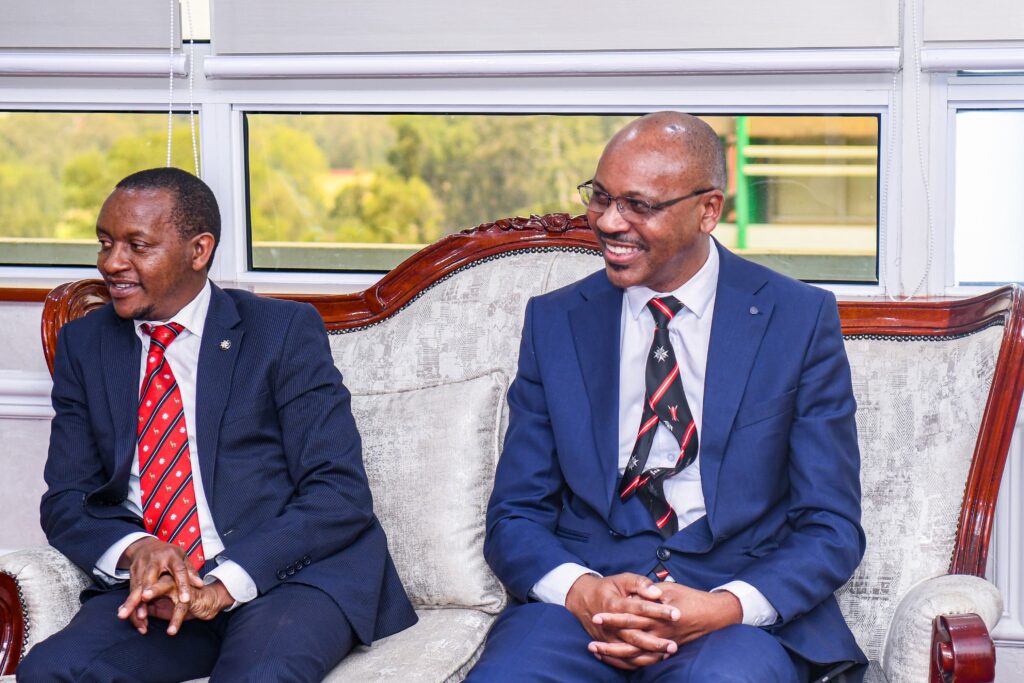Kenya is taking significant steps to enhance its emergency medical services through a partnership with St. John Ambulance. The Ministry of Health (MoH), under the leadership of Health Cabinet Secretary Hon. Aden Duale, is working closely with St. John Ambulance Kenya to boost emergency preparedness and response across the country.
As part of the Government’s Emergency Medical Care Policy (2020–2030), which aligns with the national Emergency Medical Services (EMS) strategy, the collaboration focuses on expanding emergency medical training and improving response capabilities. One of the key components of the partnership is the rollout of Emergency Medical Technician (EMT) training. More than 10,000 first responders have been trained, including boda boda operators and community volunteers, who will be crucial in providing immediate care in rural areas.
In addition to EMT training, the MoH and St. John Ambulance are developing a more robust curriculum, ensuring quality assurance, and offering certification to raise the professional standards of emergency care across the country. This collaboration is also focused on upgrading infrastructure, such as the purchase of six Advanced Life Support (ALS) ambulances, which will enhance the country’s capacity to manage critical cases.
Progress has also been made through a tripartite agreement with the Kenya Medical Training College (KMTC), which has already led to the graduation of 100 certified Emergency Medical Technicians. This initiative is critical in elevating the quality of pre-hospital care in Kenya and building a skilled workforce ready to meet the growing demand for emergency medical services.
The government is also making strides with the introduction of trauma centers and first aid posts, particularly in areas like Emali and Karai. Plans are in place for the Presidential launch of the Expanded Highway Emergency Response Program on October 31, 2025. This program will deploy additional ambulances, establish more trauma centers, and introduce advanced technology to reduce response times and save lives along the Northern Corridor.
In line with the government’s vision, Hon. Duale reaffirmed the commitment to ensuring that all Kenyans have access to timely, quality, and affordable emergency care, embodying the principles of the Taifa Care Model.

